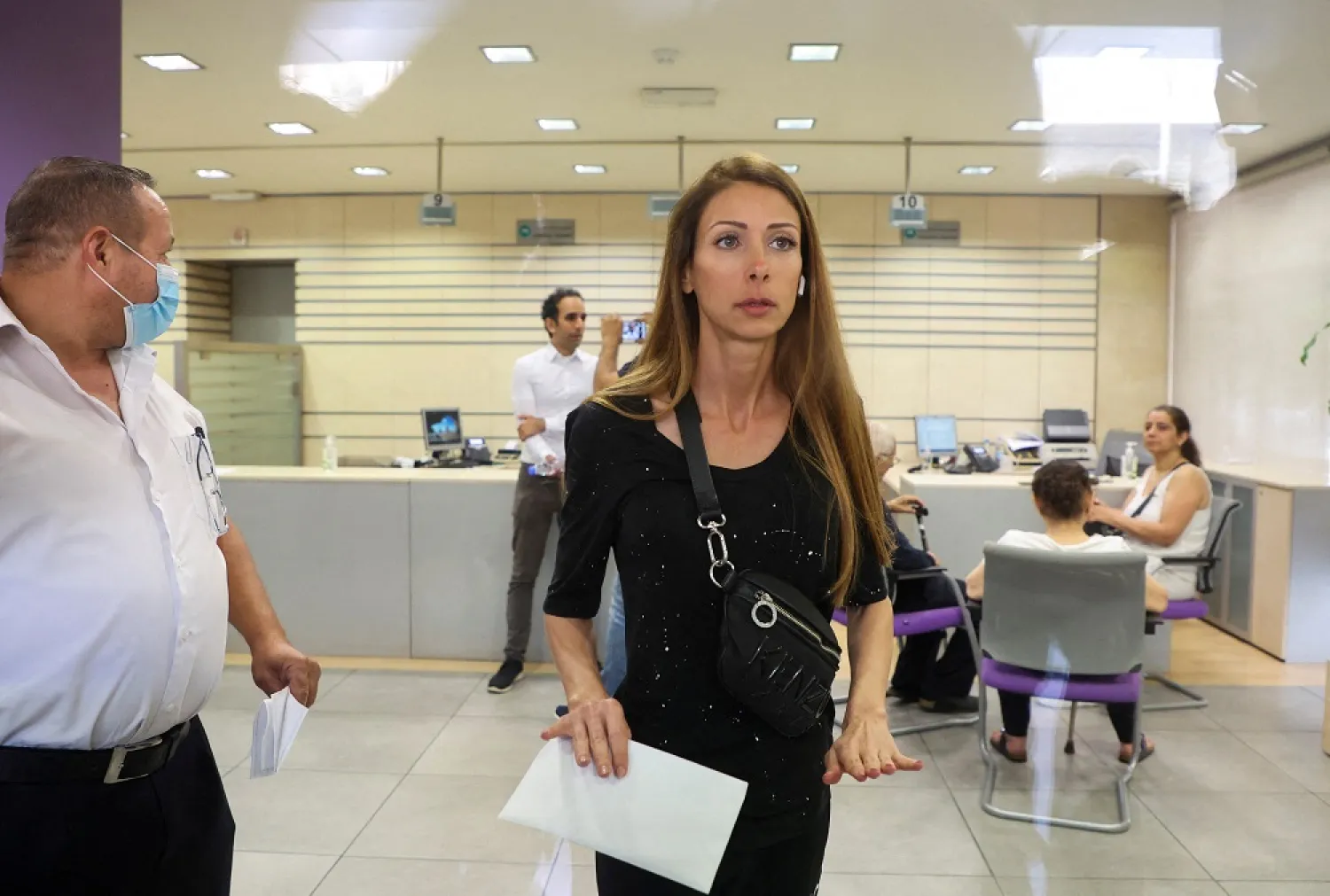A Lebanese lawmaker entered a bank branch, accompanied by lawyers, and freed more than $8,000 in trapped dollar deposits on Wednesday to pay for surgery, her lawyer said.
Cynthia Zarazir, who was elected to parliament in May, is the latest in a growing number of angry depositors who have forced Lebanese lenders to unlock savings trapped under informal capital controls imposed in the face of an unprecedented financial crisis.
Zarazir, unarmed but with legal cover, entered her bank branch in a northern suburb of Beirut at around 9 am (0600 GMT) to demand $8,500 to pay for surgery costs not covered by her health insurance, her lawyer Fouad Debs said.
She exited hours later after the bank paid her the sum in cash, Debs and the official National News Agency said.
Several activists had gathered outside the bank to support Zarazir, whose plight echoes that of the many Lebanese who have been locked out of their savings by bank restrictions that have tightened since the start of the country's financial crash in 2019.
Commercial lenders have effectively banned most foreign currency transactions, forcing depositors to withdraw their savings in the plummeting Lebanese pound, which has lost more than 95 percent of its value against the dollar on the black market.
'Not beggars'
Also on Wednesday, a retired member of Lebanon's Internal Security Forces stormed a bank in Beirut's southern suburbs to demand access to $48,000 in dollar savings as well as 270 million Lebanese pounds from his pension.
He was unarmed.
"After negotiations with the bank's management, he managed to get all his Lebanese pound deposits and $3,000" in trapped dollar savings, said Ibrahim Abdullah, a spokesman for the Depositors Union advocacy group.
Meanwhile, dozens of protesters gathered outside the central bank headquarters in Beirut to demand access to their money, amid a heavy troop deployment.
"We came to claim our rights," said protester Houssam Machmouchi, 42.
"We are not beggars, we just want our money."
On Tuesday, a retired diplomat and honorary consul of Ireland, Georges Siam, carried out an all-day sit-in at a bank in the suburbs of Beirut to recover his savings before eventually reaching a compromise.
Almost simultaneously, at least two other armed bank heists took place in separate branches.
They included one by a retired policeman who held up a bank in eastern Lebanon to demand a money transfer to his son in Ukraine to help pay for rent and university tuition.
Lebanon's banks closed for a week after a series of heists on September 16. They have since reopened amid tight security.









